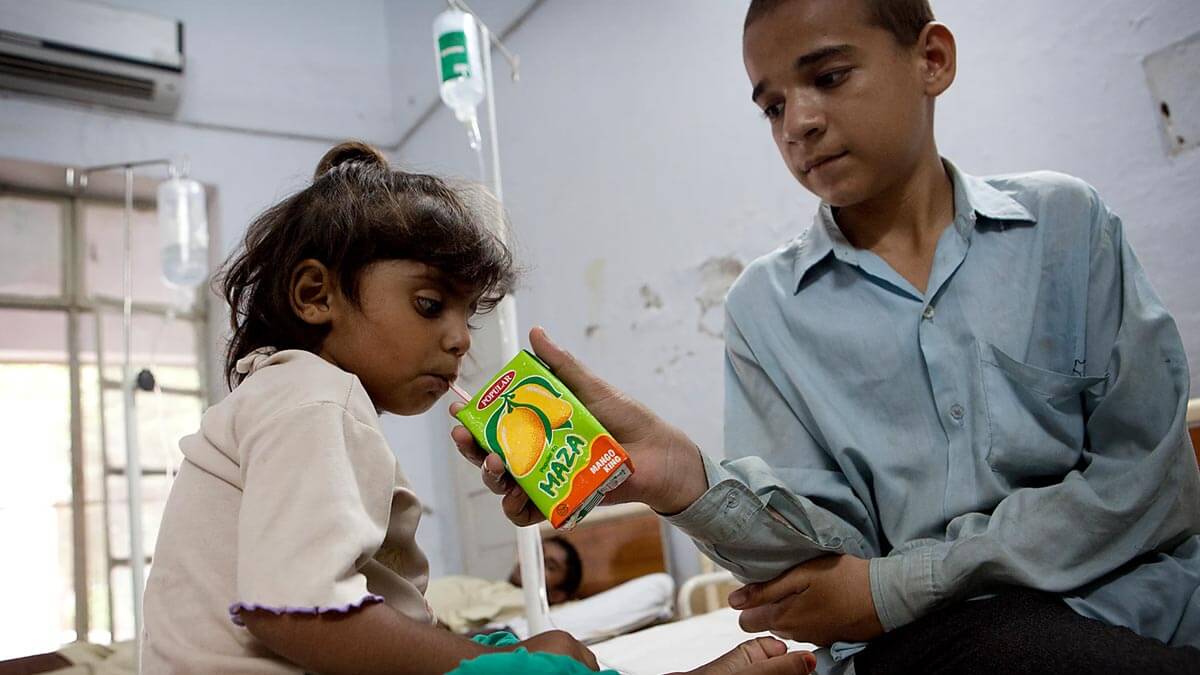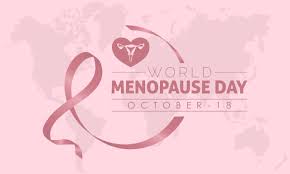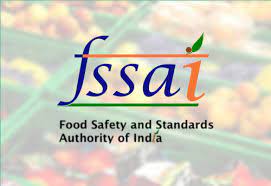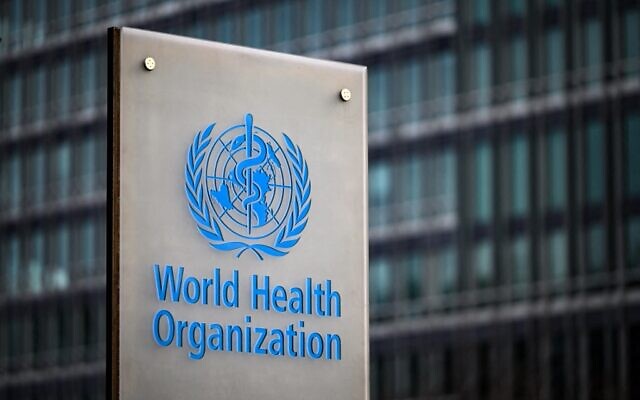Lancet study finds diarrhea is a leading killer of children under 5, adults above 70
Sun 29 Dec 2024, 00:29:07

Diarrhea remains one of the leading killers of children under five and the elderly, particularly in sub-Saharan Africa and South Asia, despite significant progress in reducing global deaths from the disease.
A recent study published in The Lancet Infectious Diseases highlights that diarrheal diseases accounted for 1.2 million deaths worldwide in 2021, down from 2.9 million in 1990—a 60% reduction.
This study, part of the Global Burden of Disease (GBD) initiative coordinated by the Institute for Health Metrics and Evaluation (IHME) at the University of Washington, is the most comprehensive assessment of diarrhea-related mortality to date, as per the researchers.
The findings underscore the impact of health interventions such as oral rehydration therapy, improved sanitation, and global vaccination programs against rotavirus, a major cause of diarrheal infections.
Children Under Five Most Affected
The study revealed that children under five years old experienced the largest decline in deaths from diarrhea, thanks to targeted health measures. However, this age group still bears the highest mortality rate globally.
In sub-Saharan Africa, for instance, over 150 deaths per 1,00,000 population were recorded among children under five, marking the region as the worst-affected.
South Asia showed a similar concern but with the highest mortality rates observed among individuals aged 70 and older, at 476 deaths per 1,00,000 population.
Diarrhea is now recognised as a leading cause of death across all age groups, particularly affecting vulnerable populations like young children and the elderly.
Need for Preventive Measures
The Lancet study
emphasised the importance of preventive measures targeting key risk factors and infection-causing microbes to further reduce the global burden of diarrheal diseases.
emphasised the importance of preventive measures targeting key risk factors and infection-causing microbes to further reduce the global burden of diarrheal diseases.
"The new granular-level analysis in our study can help decision-makers better target and prioritize evidence-based strategies to fight diarrheal diseases," said Dr Hmwe Hmwe Kyu, an associate professor at IHME and co-author of the study.
Dr Kyu highlighted the need for a multipronged approach that includes implementing life-saving solutions such as oral rehydration salts (ORS), promoting sanitation, and expanding vaccine coverage. Combining vaccines into a single formulation, as suggested by the authors, could lower manufacturing costs and simplify immunization schedules, thereby increasing accessibility.
The Role of ORS in Managing Diarrhea
Oral rehydration salts (ORS) remain a cornerstone of effective diarrhea treatment. Dr Mohsin Wali, Consultant Physician at Sir Ganga Ram Hospital, stressed the importance of selecting the right ORS formulation.
"Choosing the right ORS is crucial for effectively managing diarrhea and dehydration. It’s vital to differentiate between ORS and commercially available sugary drinks,” said Dr Wali in an earlier conversation with India Today Digital.
While sugary drinks may provide some electrolytes and fluids, they lack the glucose-sodium and potassium balance necessary for rapid and effective rehydration. Dr Wali recommended opting for WHO-approved ORS formulations, which are specifically designed for rehydration during diarrheal episodes.
By improving sanitation, expanding vaccine access, and educating the public about proper ORS use, the global burden of diarrhea can be further reduced, the study researchers highlighted.
No Comments For This Post, Be first to write a Comment.
Most viewed from Health
AIMIM News
Latest Urdu News
Most Viewed
May 26, 2020
Who will win The 2025 ICC Women's Cricket World Cup?
Latest Videos View All
Like Us
Home
About Us
Advertise With Us
All Polls
Epaper Archives
Privacy Policy
Contact Us
Download Etemaad App
© 2025 Etemaad Daily News, All Rights Reserved.

























.jpg)
.jpg)
.jpg)


